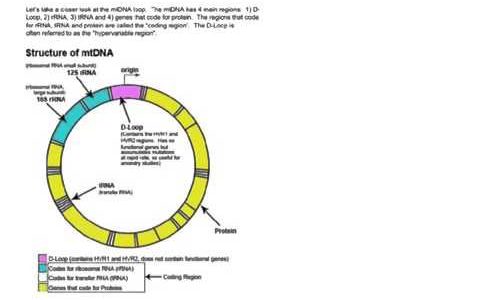How to fix a slow metabolism especially as you get older, boosting energy and weight loss.
As we get older our metabolism can slow down, but there are simple ways to fix this, helping you look and feel younger and get to your ideal weight.
============
Facebook Page : https://www.facebook.com/carolineashbournepage
Follow on Instagram : https://www.instagram.com/carolineashbourne/
Website : www.carolineashbourne.com
============
There are a number of factors that slow down your metabolism. Age is certainly one of them, but you CAN counteract this and lessen the effect, when you know how.
Metabolism is the term used for the processes in your body, where food and drink, along with oxygen, are converted into energy, to run our bodily functions.
Your basal, or resting, metabolic rate is the energy you need when resting, sitting or sleeping, just to stay alive. So, breathing, your heart pumping blood around the body, and so on.
People with a faster metabolism burn more energy at rest. So, they can eat more than someone with a slow metabolism, and still maintain their weight. This is because they are literally burning more calories just sitting around or sleeping, than someone with a slower metabolism.
A slow metabolism can be caused by age, particularly if you’re not exercising, as you’ll have less muscle.
Muscle is more energy demanding than fat, so people with a higher proportion of muscle have a higher metabolism.
Sarcopenia is the muscle loss that happens as we age, particularly after 40. This process will slow your metabolism more as you get older, unless you do something about it.
Resistance training helps to retain and even build back muscle mass, speeding up your metabolism again.
Sarcopenia is a big reason that people think that ageing itself causes weight gain. When it’s mostly the muscle loss that does this. Like if you lose lots of muscle on an overly strict diet, you can slow your metabolism.
What you eat is vitally important to your metabolism. A high sugar diet can damage the mitrochondria, which are the powerhouses that create energy in our bodies. There are hundreds to thousands of them in each of our cells, all processing our food molecules to make energy.
The more mitrochondria and the better each of them is functioning, the more energy you’ll be able to create. The number and health of mitochondria can be determined by our genetics, with some people naturally having more of them. But even so, you can increase them and improve their function by changing what you eat and how you move your body.
Healthy fats are crucial for healthy mitrochondria, as is the right kind of regular exercise. A diet high in sugars will make mitochondria less effective and lower their numbers.
In fact, anything that causes chronic inflammation in the body, such as too many refined carbohydrates and also seed oils, will negatively affect these little powerhouses.
Refined seed oils include vegetable oil, sunflower oil, rapeseed oil and so on. If you can reduce these, or even eliminate them altogether, you’ll be helping to create more energy and speed up your metabolism.
Omega 3 found in fatty fish such as wild salmon are great for mitochondrial health, as they thrive on healthy fats. Other healthy fats include, avocados, coconut oil, nuts and seeds.
Eating to reduce inflammation is key. Also aim to reduce environmental toxins, such as pesticides, which damage mitochondria. Eating organic food is ideal, wherever possible to avoid eating chemicals.
Avoiding processed foods for the same reasons. These are high in industrial seed oils, refined carbohydrates, pesticides and other chemicals and additives. Check the ingredients in the labels and you’ll see what I mean. Usually there are so many names of things you can’t pronounce or understand. Real food is way better every time.
We certainly need to eat enough food, but eating much more than we need, healthy or otherwise, will lead to weight gain, so it’s important to get that right.
Eating too much, or too little food, can mess with your metabolism. Yo-yo dieters often run into problems where they have eaten fewer calories than they need for their basal / resting metabolic function. Over time, this puts the body into starvation mode, so drastically slows the metabolism and holds onto fat stored on the body. This was a fantastic survival technique that we developed millions of years ago, when eating too little food meant a very real risk of death. Our bodies can’t tell the difference between being on a radical very low-calorie diet, and literally facing starvation.
So there you have it. A slow metabolism can be fixed with the right eating and exercise plan. There are many other factors, such as sleep quality and stress, but that’s the basics.
If you want to learn more about this and other ways to improve your health and longevity, so that you can continue to look and feel totally fabulous well into old age
source



